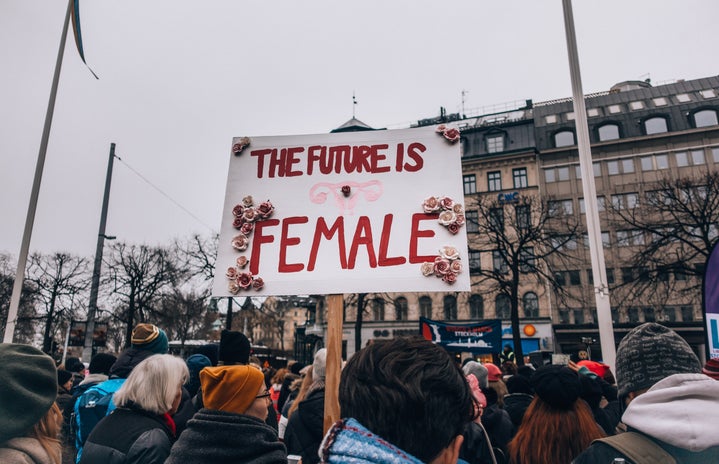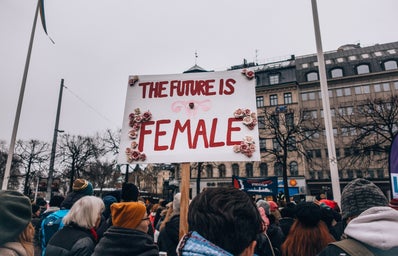In my second year at UVA, I was the victim of an unwanted sexual encounter, and it turned my life upside down.
I never knew what real pain felt like until after I was sexually assaulted. I received care at the UVA Emergency Room, and a SARA advocate helped connect me with resources and undertake the forensic exam process. Immediately following the incident, I began to experience symptoms of Acute Stress Disorder (the short-term diagnosis given before Post Traumatic Stress Disorder), and after a month, I was formally diagnosed with PTSD. I was fortunate enough to receive trauma therapy at the Women’s Center, and that safe space in the week became my refuge to talk to someone I trusted confidentially about what I experienced. My life became black and white, separating people in my life from those who didn’t know and those who did, like it was a dirty secret a stranger might be able to look straight at me and see.
The Women’s Center was able to help connect me with SDAC, the Student Disability Access Center, for reasonable academic accommodations as my PTSD symptoms have disrupted my ability to focus and feel safe in Charlottesville. I was eventually referred to CAPS for medication management to help treat my PTSD.
While I had a positive experience with these school resources, I learned that most survivors don’t, and for nuanced reasons. First, the Women’s Center has such limited capacity that they typically fill up in the summer before the semester begins. The therapists at the Women’s Center are wonderful, but there are not nearly enough of them to help treat all of the therapy requests they receive. CAPS was able to help me with medication management, but they are not set up to provide long-term EMDR therapy to trauma victims, so many are treated short term and then told to find care outside of the UVA network instead.
I knew that this was the community at UVA I cared most for – other survivors – and I wanted to help improve their situations as much as possible. With that issue in mind, I researched community providers in Charlottesville as well as the referral resources students are sent when they are denied care at CAPS and the Women’s Center.
I found that it is hard to find trauma therapists that:
- Are trained in EMDR, an important type of therapy for trauma victims
- Specialize in treating college-aged assault victims
- Are actively seeking new patients
Many UVA-made resources are either outdated or don’t provide EMDR-certified therapists. In these generic referral resources, assault victims are underserved and not considered.
With all of this in mind, I launched a startup with a classmate called ReGroup Cville, a referral network for college assault survivors that are seeking trauma therapy. Getting matched quickly with a compatible, trusted therapist is necessary for trauma survivors. Often, early therapeutic intervention can diminish the risk of PTSD developing or lessen one’s symptoms.
Keeping survivors at the center of our approach, we created a website for survivors to confidentially request a trauma therapist that accepts their insurance and fits their preferences at zero cost to them. We take care of the rest and match them with one of our trusted therapists we have screened for experience, specialization, and availability.
https://www.regroupcville.com/
I am excited at the opportunity to help other survivors at UVA, and I hope this service can help those struggling find a clearer path to recovery.


